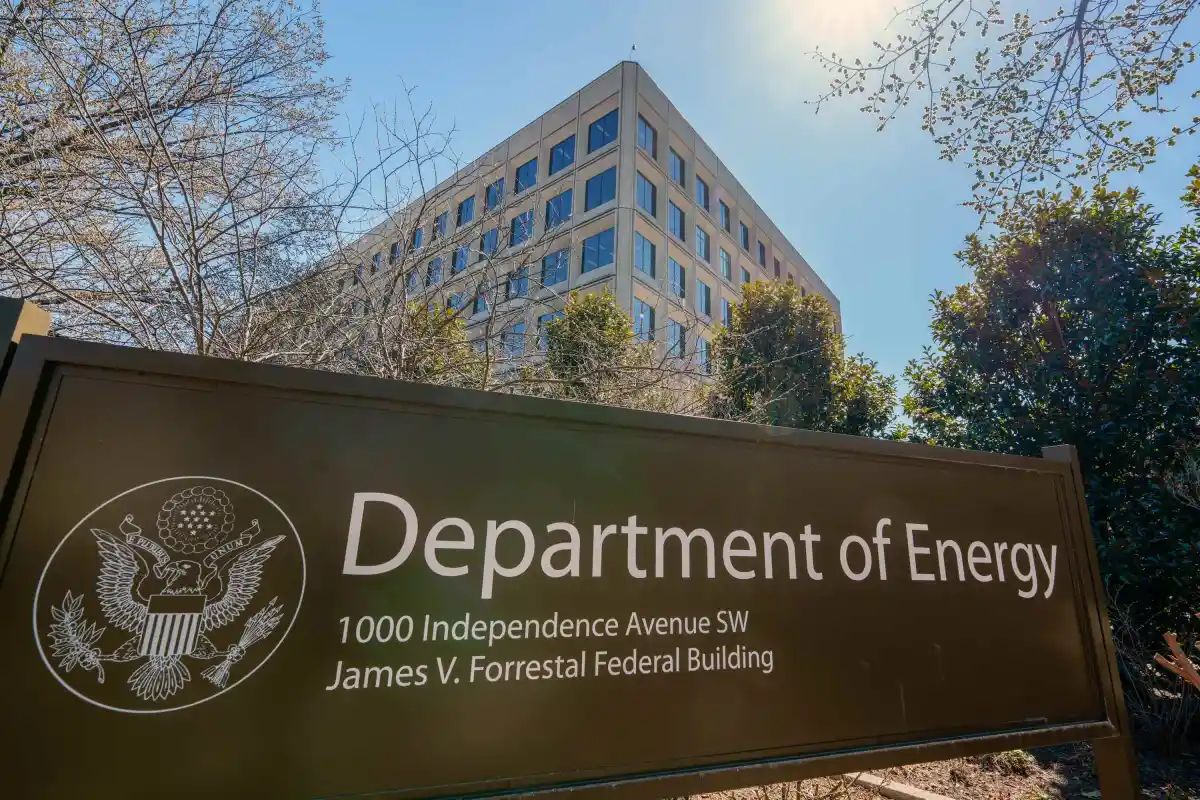The U.S. Department of Energy is facing another round of deep funding cuts under the Trump administration, threatening billions of dollars in federal grants for automakers and clean tech startups.
According to an internal document reviewed by TechCrunch, the proposed cuts would cancel more than $500 million in contracts awarded to over a dozen startups under the Bipartisan Infrastructure Law. These cancellations come just a week after the administration announced plans to slash more than $7.5 billion in DOE contracts.
The companies affected include Ford, General Motors, Stellantis, Daimler Trucks North America, Mercedes-Benz Vans, Harley-Davidson, and Volvo Technology of America, alongside several promising startups in battery, materials, and clean manufacturing.
General Motors could lose $500 million in federal grant money meant to retool its Lansing Grand River Assembly Plant in Michigan to produce electrified vehicles, including hybrids.
Among startups, Brimstone stands to lose $189 million in funding for a low-carbon cement production facility, while Anovion, a synthetic graphite manufacturer, could see its $100 million award canceled. Other affected clean tech firms include Li Industries, Sublime Systems, Furno, CleanFiber, Hempitecture, Skyven Technologies, Luxwall, and TS Conductor, whose innovations span from battery recycling to advanced power line conductors.
Related: DOE Cancels $8B in Energy Awards, Hitting Blue States and Grid Modernization Projects
Industry experts warn the cuts could significantly slow U.S. progress in renewable energy, domestic manufacturing, and EV production, areas considered critical for both climate goals and economic competitiveness with China.
If finalized, these DOE funding cuts could ripple across America’s clean energy sector, halting major projects and stalling innovation at a time when the global energy transition is accelerating.






